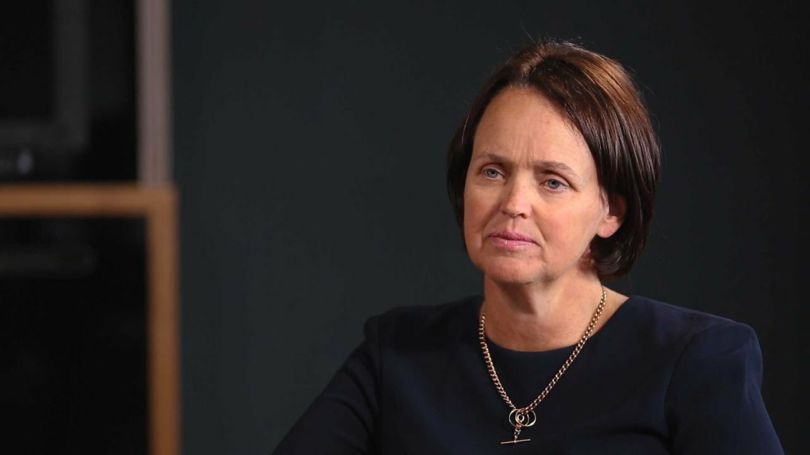The number of senior decision makers in Ireland who would justify potentially unethical actions if it meant that their business would survive an economic downturn has risen to 50% from 38% in 2016, according to a global fraud survey by EY.
On the other hand, only 10% of senior business leaders say that bribery and corruption happen widely in Ireland, almost four times lower than the global average of 38%.
Employees would beg to differ, as 47% of employees at all levels believe that bribery and corruption happen widely in Ireland, according to a similar report carried out last year.
Head of fraud investigation at EY Julie Fenton (pictured) commented: “The findings suggest that those at the most senior levels in Irish organisations may not be fully alert to the levels of unethical behaviour happening within their organisations and in the market at large, with such a marked disconnect between their views and the views of those on the ground we observed a year ago. The findings may also suggest something of a misunderstanding of what constitutes bribery or corruption.”
The EY Global Fraud Survey is a biennial study of 2,550 senior decision-makers in a sample of the largest companies in 55 countries and territories. The polling sample is designed to elicit the views of executives with responsibility for tackling fraud, mainly CFOs, CCOs, lawyers and heads of internal audit.
The survey also shows that decision-makers here say that management is responsible for ensuring employees behave with integrity. Further, Ireland lags behind other developed nations in penalising people for breaching policies.
Fenton added: “While it’s essential that management and the boards of organisations have clear processes and policies in place to prevent fraud and corruption, and they are ultimately responsible for the ethical code of the business, an organisation is made of the sum of its parts – people.
“If people aren’t held to account for their own actions and if there isn’t a culture of personal accountability led from the top, then no number of policies will sufficiently prevent fraud and corruption from happening.”
The survey also examined the risks being faced by business globally:
- 60% of Irish businesses say that the macroeconomic environment poses the biggest risk to their business, significantly higher than the global average of 42%.
- Half of Irish firms say that a cyber-attack is among the biggest risks facing their business, versus a global average of 37%.
- A further 30% say that fraud and corruption is among the biggest risks facing their business
- 26% say that geopolitical risk is the biggest threat









